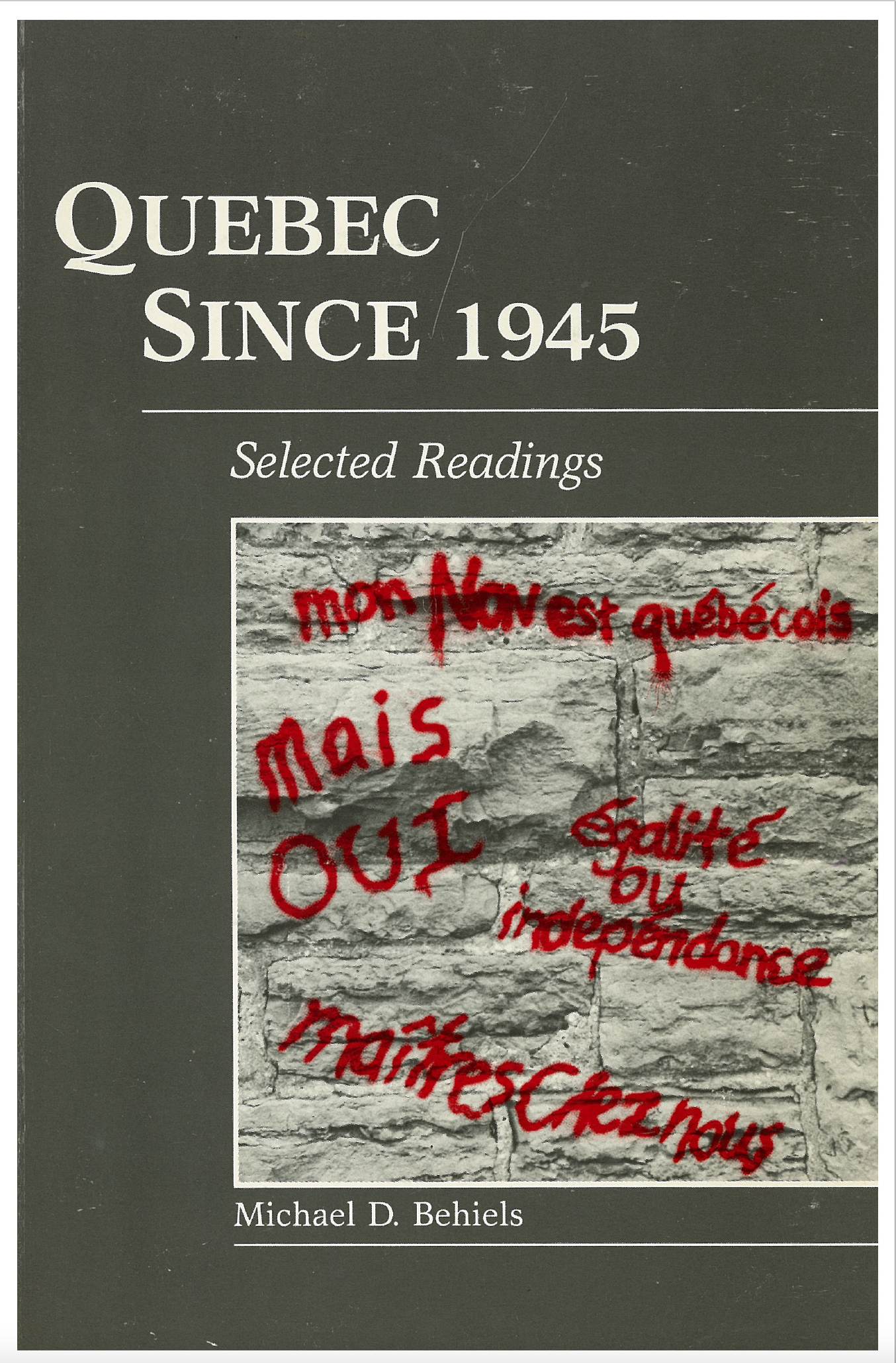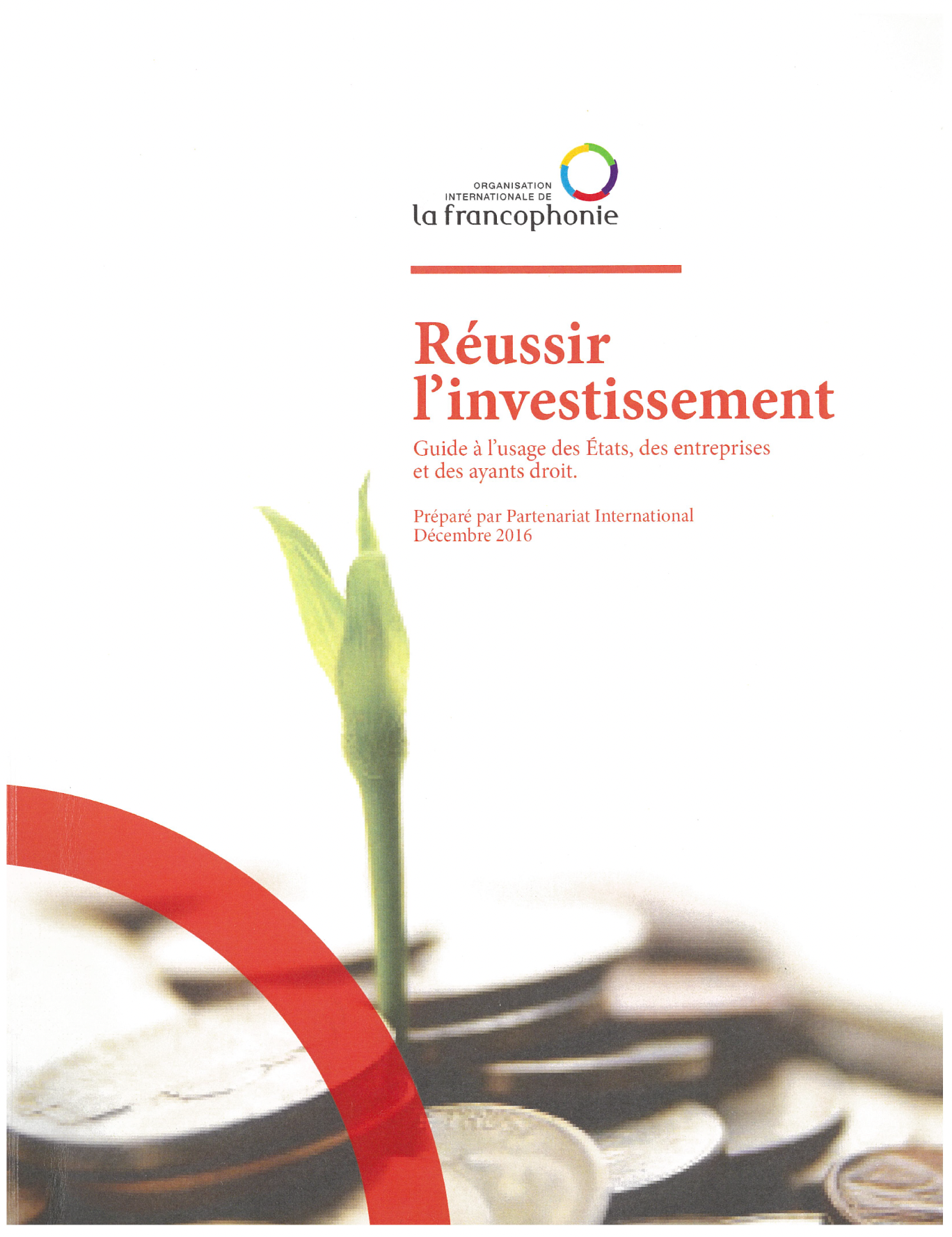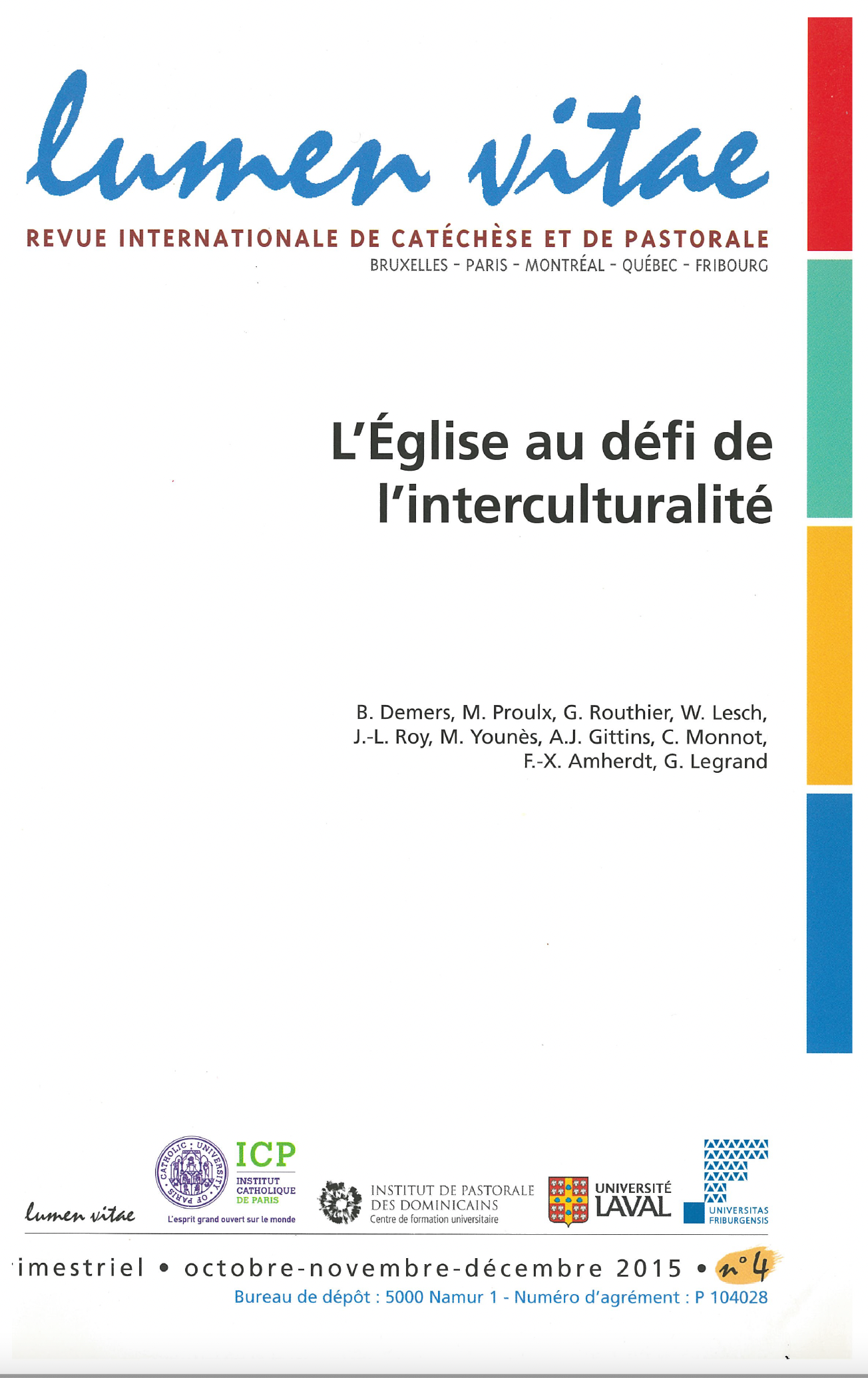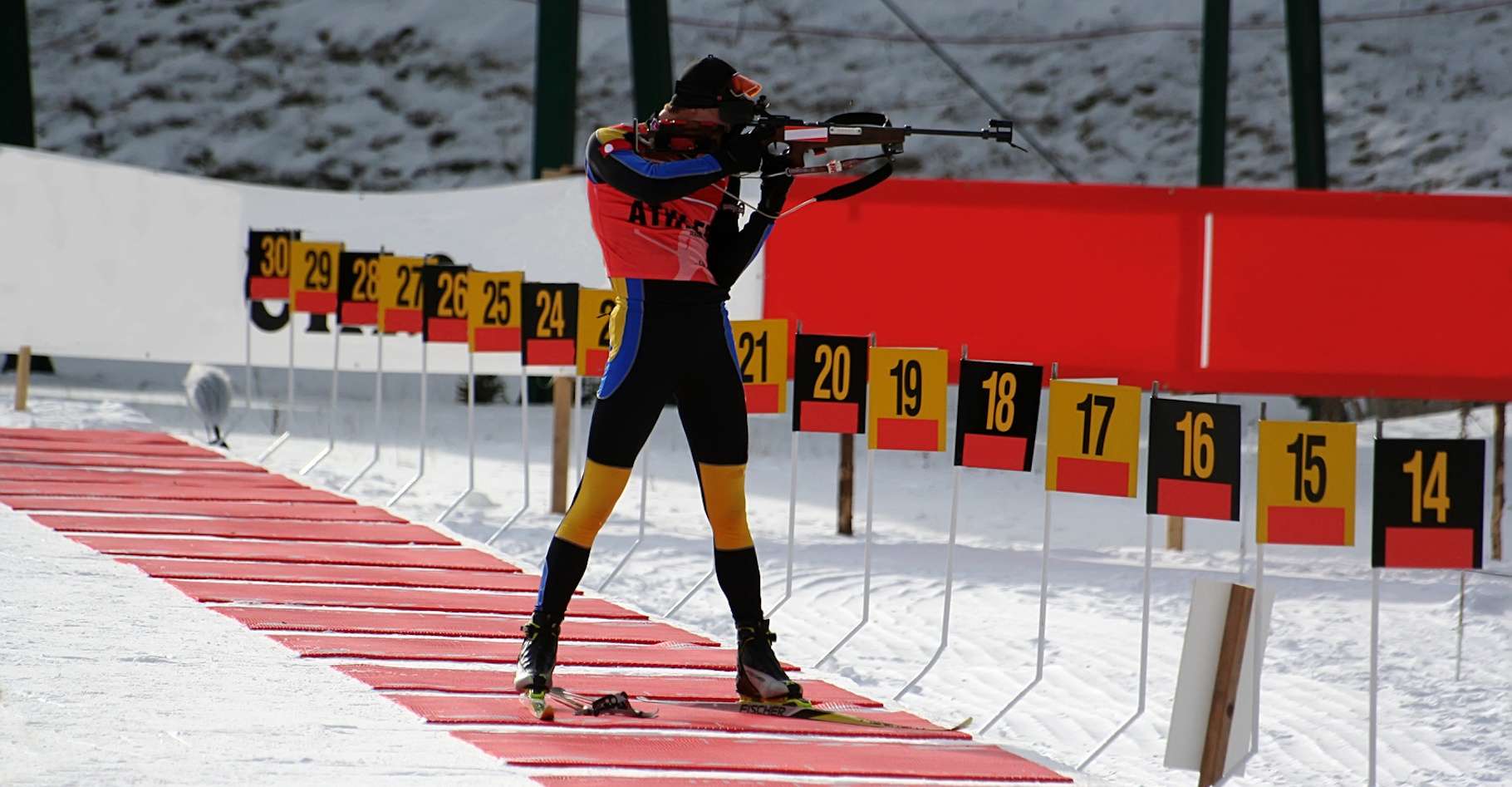NATIONALISM IN QUEBEC IN THE 1980s:
AFTER FAILURE, THE CHALLENGE OF RELEVANCE
JEAN-LOUIS ROY
Disarray, backing down from commitments, disbelief, anger: these were some of the consequences of the failure of a certain expression of nationalism in Quebec at the beginning of the 1980s. Five years later, some people have not yet accepted the way in which a society that rejects the protection of an ideology expresses its freedom.
Others celebrated the outcome of the referendum. ln their opinion, this outcome rested on the prospect of a more generous, more promising alternative. lt expressed, in particular, fidelity to another expression of nationalism deeply rooted in the history of Quebec.
These diverging evaluations illustrate the complexity of nationalism in Quebec. There is no such thing as one expression of nationalism in Quebec, univocal and all-pervasive. There are, instead, various expressions of nationalism in Quebec. This pluralism is not a recent phenomenon. lt has always been at the very heart of our history. What is new, is the decision, taken at the end of the 1960s, by a segment of the political class to break with a tradition that incorporated the more radical currents of nationalism into the mainstream where they exercised only a marginal influence.
The foundation of the Parti Québécois put an end to this century-old tradition. Suddenly, the most strident national aspirations moved to the foreground and became the centre of all political debates. They became, within a few short years, universal prism and attraction pole. They led to a new interpretation of history that became even more relevant after the Parti Québécois came to power in 1976. They fed a new strategy that was bound to fail, since it could not stand up to the test of history.




